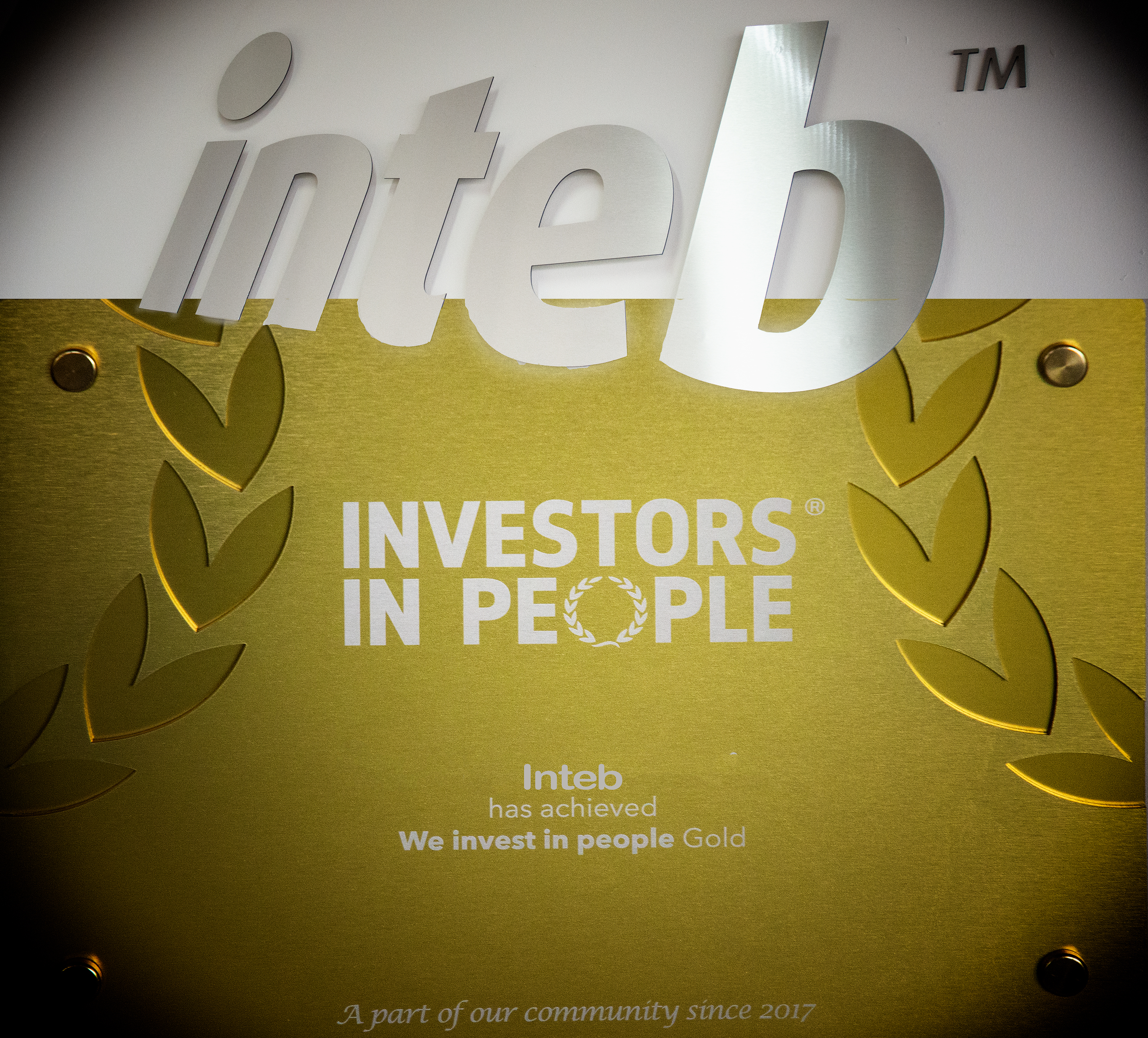The current energy landscape is affecting a wide array of sectors, and data centres are no exception. In a recent report from Schneider Electric, about half of the surveyed organisations admitted to postponing their net-zero and sustainability investments due to the energy constraints. On the flip side, Microsoft is hiring experts to implement a small modular reactor strategy to power its data centres. So, what does this mean for the industry and for businesses like Inteb that are involved in energy management and sustainability?
Schneider Electric’s survey shows that 4 out of 5 UK and Irish data centre leaders feel significantly disrupted by the energy crisis. Business challenges ranging from economic pressures to cybersecurity and skill shortages have forced many to de-prioritise emission reduction goals. This comes at a time when adherence to climate commitments is more crucial than ever.
With the energy crisis posing a significant challenge, data centres are increasingly focusing on their energy efficiency ratings. EPCs play a crucial role in this context, offering insights into a building’s energy efficiency and suggesting measures for improvement. Recently, Inteb conducted EPC assessments for two major data centres in London, achieving much improved ‘C’ ratings. Our recommendation to shift to LED lighting promises substantial long-term benefits, underscoring the potential for similar interventions in data centres globally.

In contrast, Microsoft is doubling down on a nuclear energy strategy to power its data centres. The company aims to use small modular reactors (SMRs) and microreactors for a more sustainable and reliable energy source. This bold move signifies a shift from relying solely on traditional energy credits to a more holistic and future-oriented strategy.
Alongside EPCs, TM44 inspections provide an essential review of a building’s air conditioning efficiency. For data centres, where cooling systems are integral, these inspections offer a pathway to enhance energy performance. Our recent TM44 inspections in London’s data centres are poised to provide actionable insights, ensuring compliance and guiding future energy efficiency strategies.

Just like Microsoft, Inteb understands the importance of sustainable, reliable energy. Our expertise in energy management and sustainability offers a lifeline to organisations wanting to adapt to these turbulent times. Whether it’s assessing energy usage or implementing efficient technologies, we provide comprehensive solutions to keep your energy costs and carbon footprint in check.
Energy Audits: Gain a thorough understanding of your energy consumption patterns and identify areas for improvement.
Sustainability Consultation: Map out a clear route to your sustainability goals, including net-zero targets.
Renewable Energy Solutions: Explore various renewable energy options tailored for your business needs.
Both reports indicate the necessity for long-term planning. Microsoft’s nuclear initiative is expected to ensure energy security for years to come. Inteb echoes this sentiment; we believe in future-proofing your energy strategies to not just survive but thrive in this competitive landscape.
In an era where every kilowatt of energy matters, tools like EPCs and TM44 inspections are invaluable for data centres. They not only ensure compliance with regulatory standards but also pave the way for more sustainable operations. By identifying areas for energy efficiency improvements, data centres can significantly contribute to mitigating the broader impacts of the energy crisis. This proactive approach not only benefits the environment but also aligns with the growing demand for green data solutions among clients.
While the energy crisis poses significant challenges, it also serves as a wake-up call for organisations to review and reinvent their energy strategies. Microsoft’s nuclear venture represents the kind of bold thinking that may well be a template for the future. With the help of experts like Inteb, your business can navigate these choppy waters to emerge more robust and sustainable than ever.
In today’s ever evolving energy landscape, staying ahead is not just about keeping up; it’s about leading the charge towards more efficient, sustainable operations. At Inteb, we delve deep into every aspect of your business’s energy usage. Our comprehensive analysis and audits are designed to ensure that every penny of your energy spend is optimised for maximum efficiency and sustainability.
Don’t let the complexities of the energy market hold your business back. Partner with Inteb to transform your energy challenges into opportunities for growth and innovation. Entrust your energy and sustainability challenges to Inteb, freeing you to focus on what you do best – driving your business forward. Together, we can pave a path towards a greener, more cost-effective future.
Contact us today to discover how our tailored energy solutions can revolutionise your business’s energy management.
References:
Microsoft’s Global Small Modular Reactor Strategy
Subscribe and stay tuned for more insights and updates on how the energy landscape is evolving.